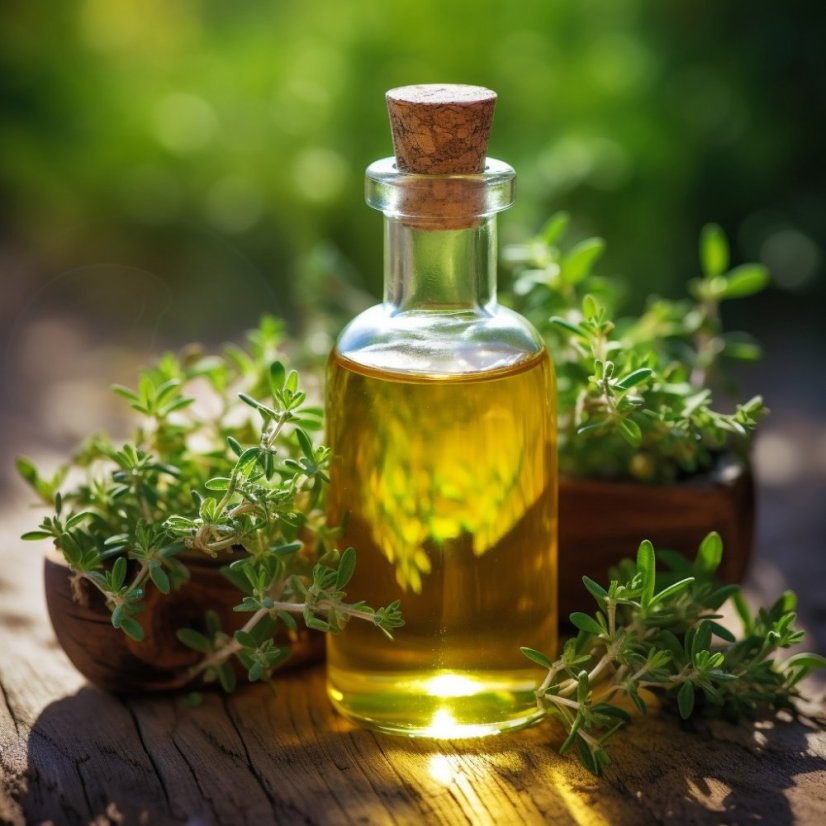
Zataria multiflora Boiss. (ZM) is a thyme-like plant belonging to the Lamiaceae family that grows wild only in Iran, Pakistan and Afghanistan. This plant with the vernacular name of Avishan-e-Shirazi (Shirazi thyme) in Iran is a valuable medicinal and condimental plant. It has several traditional uses as an antiseptic, carminative, stimulant, diaphoretic, diuretic, anesthetic, anti-spasmodic and analgesic.
It has chemical and pharmacological similarities to Thymus vulgaris, the well-known and widely investigated medicinal plant. For this reason, it is also called Avishan-e-Shirazi (Avishan meaning thyme in the Persian language and Shiraz being the name of a city in southern Iran). The genus name of the plant is derived from the Arabic word “Zaatar” which is a generic name of some Middle Eastern herbs including thyme, oregano and savory. ZM can be recognized by the orbicular, densely gland-dotted, ovate leaves and the dense white, hairy, round buds on the leaf axils.
Shirazi thyme (aerial parts) is not only a popular condimental plant but is also used in traditional folk remedies for its antiseptic, analgesic, carminative, anthelmintic and antidiarrheal properties. Modern pharmacological studies show that ZM possesses wide ranging biological properties including antinociceptive, antimicrobial, spasmolytic and anti-inflammatory effects. Currently, some pharmaceutical forms of this plant, such as syrups, oral drops, soft capsules and vaginal creams are sold as treatments for various diseases. In addition to modern medicinal uses, ZM is still used in folk remedies.
this particular plant produces one of the strongest essential oils obtained from plants. This is mainly due to the presence of phenolic monoterpene components, which contribute to its powerful antioxidant and antibacterial properties.
Disstilation Metode
steam distillation
This plant’s essential oil contains carvacrol, thymol, linalool, and p-cymene as its main components, all of which have been shown to have antibacterial effects. Thymol, renowned as a paramount oxygen monoterpene, holds a prominent status owing to its remarkable efficacy against bacteria, fungi, and mycotoxins.